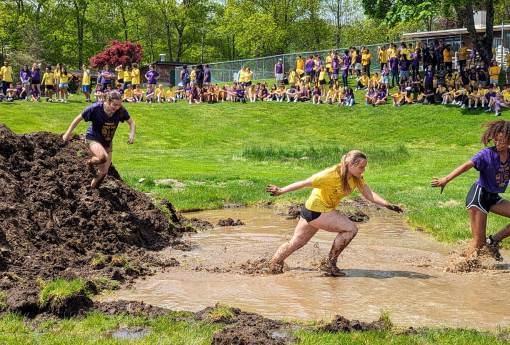
An Introduction to Wheeler Lower School from Director Felicia Vinces
January 22, 2024
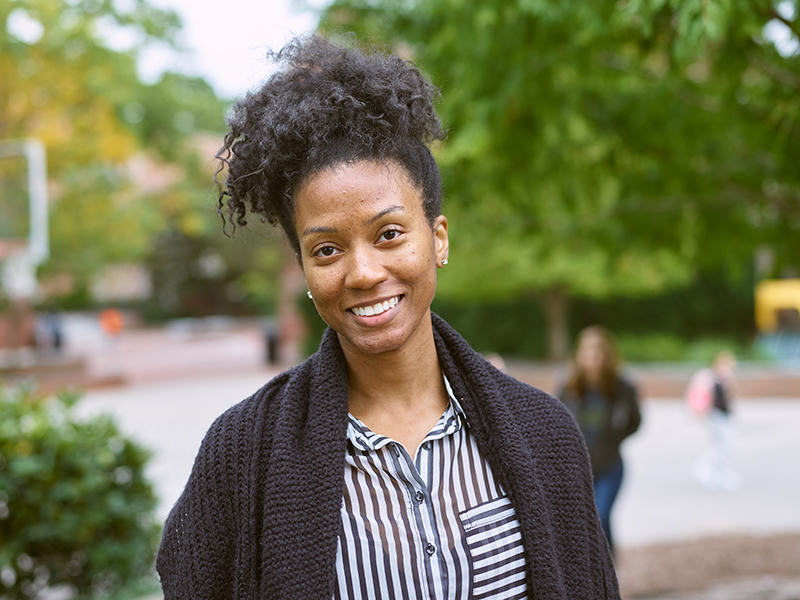
You may contact Dr. Felicia Vinces via email at feliciavinces@wheelerschool.org or reach her at (401) 421-8100 ex. 2137.
As they begin their Wheeler journey, our Lower School students enjoy a personalized and powerful experience within a supportive community. We talked with Wheeler’s Lower School Director, Dr. Felicia Vinces, to learn more.
Q: How do you describe Wheeler Lower School?
A: There is always a lot of activity at Wheeler Lower School! Our Kindergarten through 5th-grade students are hustling between their homerooms–where they learn their core subjects– and their specials’ classrooms–where they engage in art, music, theater and maker space activities. They happily run between buildings, chatting along the way with friends and greeting their teachers in passing.
Our littlest learners at The Nest also enjoy a full day. From greeting their classmates during morning meetings to walking adventures throughout the Farm, they are constantly engaging in a rich learning environment with the support of their skilled early childhood teachers. Their days are enriched by art and Spanish lessons where they connect their art projects and Spanish songs to nature and other topics they’re learning about.
Across Wheeler Lower School, teachers thrive on collaboration with each other, so you may see an art project Ms. B is leading that complements a poetry lesson in the 2nd grade or a reimagined project in 5th grade that includes a collaboration between teachers and our DIB Lab Director, Dylan Rider.
Our weekly community meetings are a space for Lower School students to showcase their talents or share what they’ve learned in their classes. Our recent gatherings have included poetry recitations, dance performances, “Mystery Teacher” presentations, author and storyteller visits, and musical performances. As a part of their senior responsibilities, our 5th-grade students have courageously led these meetings.
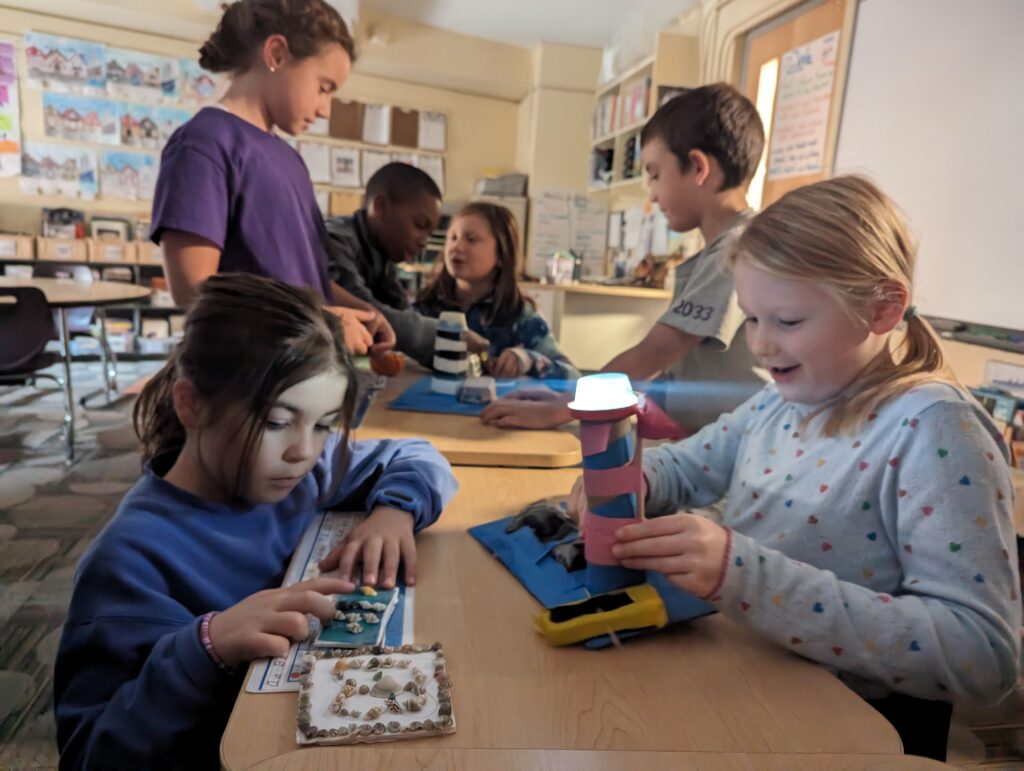
Q: Across Wheeler, we aim to provide a personalized, rigorous, and joyful education. How is that reflected in the Lower School experience?
A: At The Nest, teachers adopt an inquiry approach to their teaching and the students’ learning. Rather than have prescribed lessons and units, they use students’ engagement in nature and observations of their play to guide lesson development. Students’ collection boxes contain simple treasures from their hikes that are used to develop rich math lessons. The outcomes for the lessons remain the same, but the path to the children’s understanding is organic and pivots as needed.
Our students—even the youngest ones—see themselves in a variety of ways: as mathematicians, artists, a fast runner or a good joke teller, and their teachers acknowledge their self-described identities while observing and naming all the other ways they are unique, talented, and continually learning about themselves. Our small class sizes allow teachers to get to know their students well. Sometimes our students self-advocate for their interests by proposing to start a science club after school or a rock band during recess. Other times, our teachers see the talents and abilities of students and suggest they pursue an Aerie enrichment or tutorial. This is how we live and embody our mission to “learn our powers and be answerable for their use.”
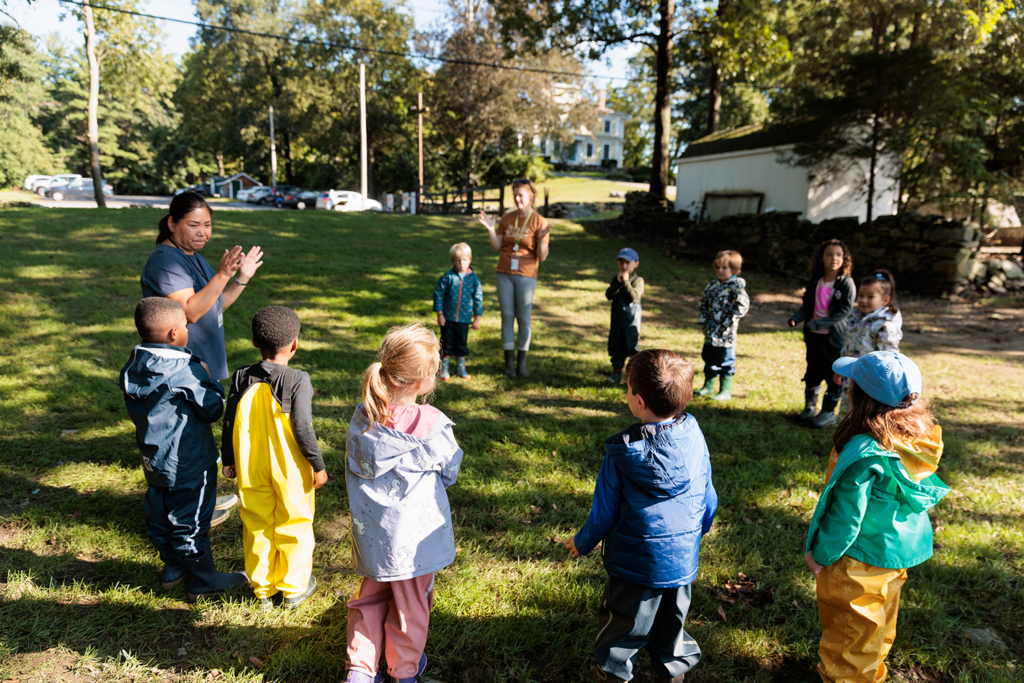
Q: While our Lower School students in grades K-12 are based at Wheeler’s Providence campus, our early learning center, The Nest, is located at the Wheeler Farm, and students across the Lower School regularly visit the Farm for nature-based learning experiences. What does nature-based learning mean at Wheeler, and how does the Lower School take advantage of our city and farm campuses to provide students with a unique learning experience?
A: At Wheeler, nature-based teaching and learning is an extension of our joyful education. At The Nest, nature-based education means taking an organic and inquiry-based approach to teaching and learning while still meeting the intended learning outcomes along the way. As early as Nursery, our youngest students are freely exploring the Farm, noting observations and making connections. Their teachers leverage those experiences in the classroom to not only maintain student engagement, but to also foster the appreciation of nature and development of critical thinking skills that are important tenets to the nature-based education approach.
As students proceed through the Lower School, each classroom takes advantage of the Farm with routine visits. Some visit every month and others every trimester as the conclusion to a unit of study. Third grade, in particular, visits the Farm once a week where they engage in exploration activities connected to their academic and social emotional learning. Games are created using found material, blogs are written to chronicle their experiences, and group projects allow students to extend and enrich their learning in nature to the four-walled classroom.
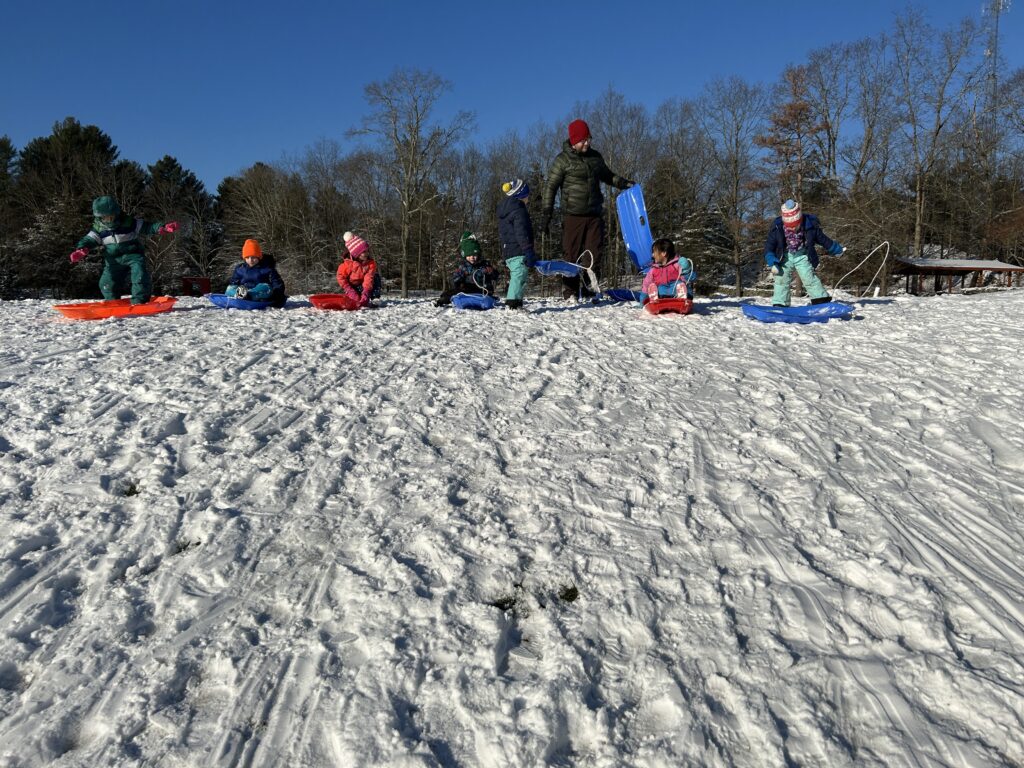
Q: Now for a few questions about you: When and why did you decide to join the Wheeler community? What has the experience been like for you?
A: I joined Wheeler in the fall of 2019 after 12 years in New York City public and independent schools. I was very drawn to Wheeler’s mission statement and felt personally connected to its call to action. It is a mission statement that tasks both students and teachers to “learn our powers and be answerable for their use.” It affirms my belief that everyone has gifts, talents, and interests to share with others for the good of their community. Lower School, in addition to being a supportive community where kids learn academic and social/emotional skills, also helps students learn about themselves and their community.
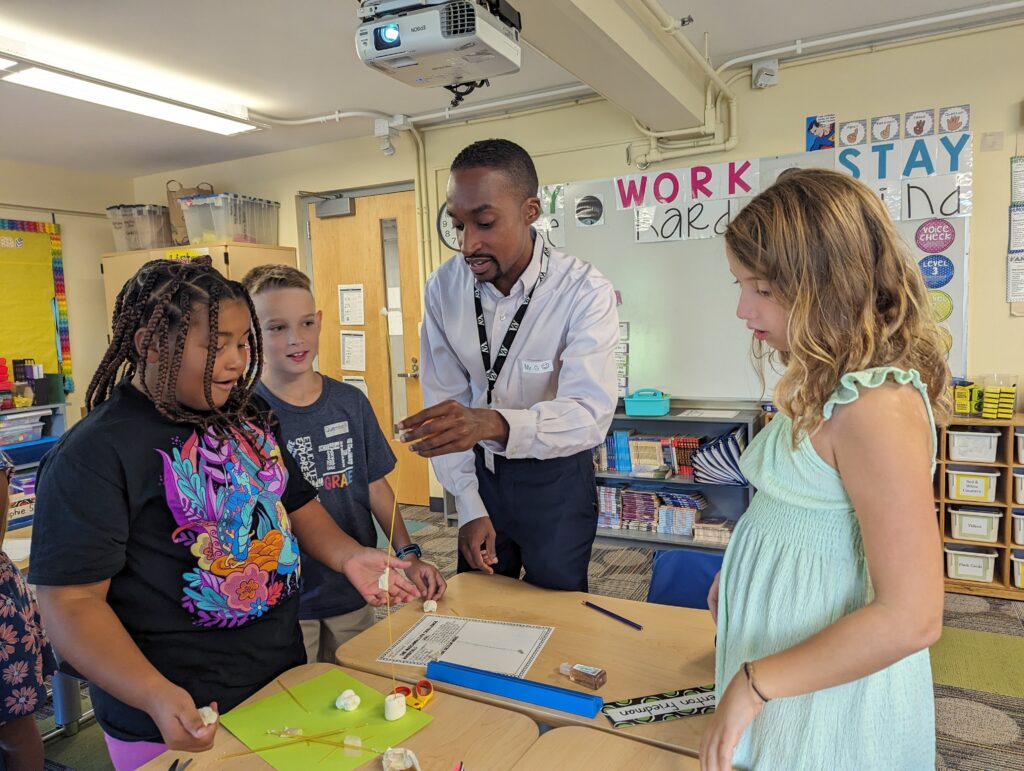
Q: What is your role as Director of the Lower School?
A: My role is to support teachers as they provide the best learning environment for students. I make space for them to work together and to collaborate and discuss programming and curriculum. We partner in imagining the best ways for students to learn, and we think deeply about the new skills they need to develop for a changing world. Together, teachers and I also partner with families to support the academic, social, and emotional needs of children. We collaborate with outside providers and offer a supportive environment for both family and students’ needs to be met. Lastly (but not least important!), my job is to keep the Lower School a joyful place for learning and playing. Themed days, surprise treats, and special assemblies all contribute to making the Lower School a fun place to be.
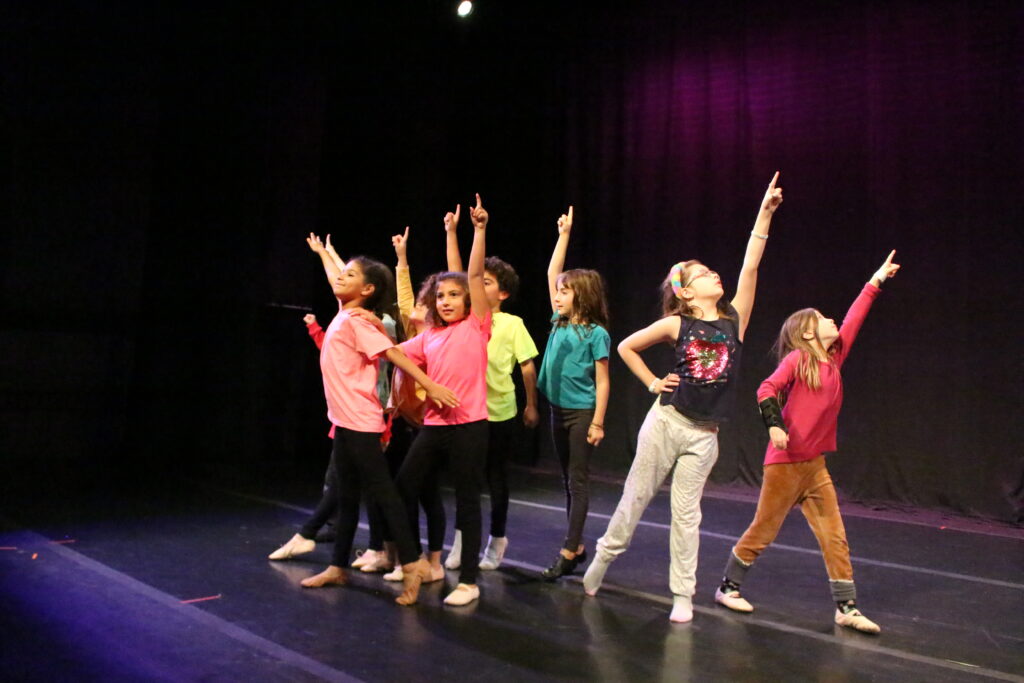
Q: Is there anything else about Wheeler’s Lower School that we haven’t covered but that you would like to highlight?
A: I think it’s better to let the kids weigh in:
What do you enjoy about being in Kindergarten?
“I feel very strong and I feel very old, grown up, and mature.” — Anisa
What do you enjoy most about 3rd grade?
“I enjoy learning about states! We get to pick our state to research out of a hat. I thought my state was pretty boring but I’ve already learned some cool things about it!” — Zach
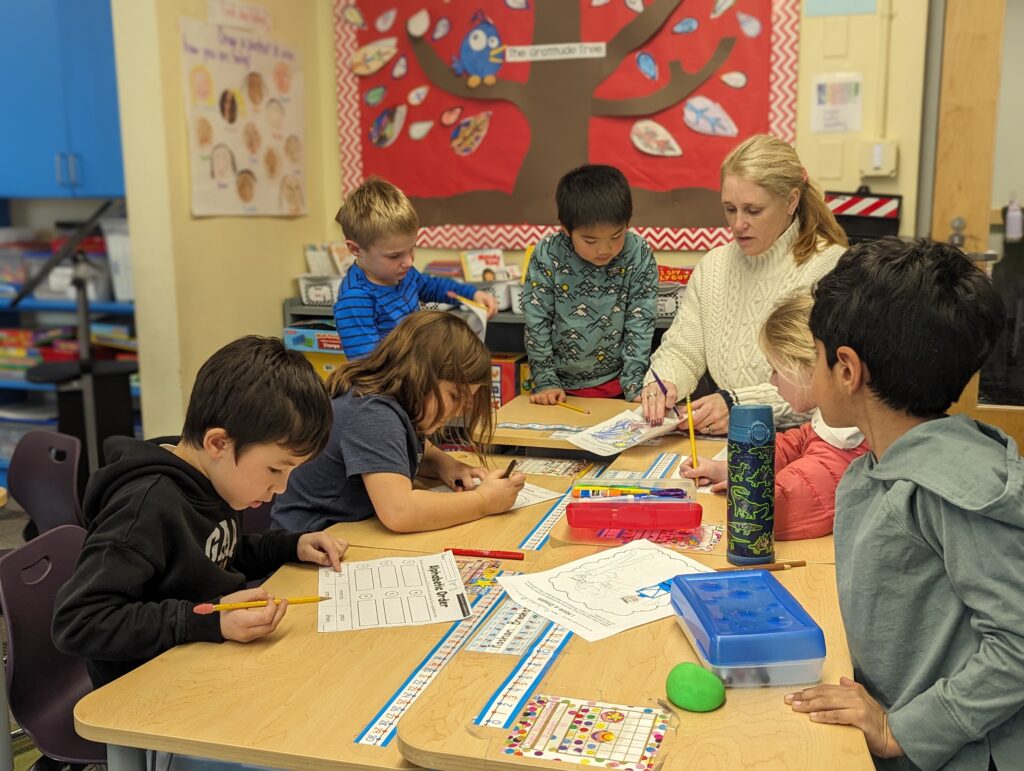
Read and See More About Wheeler Lower School
- Third-Grade and 83 Worms
- Nest Students Exploring Wheeler Farm
- Friday Morning Dance Parties
- Space Exploration with the 5th-graders
- Navigating “Whose story is being told?” and “Whose story is missing?”
- “Readers’ Theater” Style
- Fourth-Grade Community Building
- First Forest Day of the Year for our Kindergarteners
- Second Annual Turkey Trot
- Evaluate, Explore, and Play Through Augmented Reality
- Kinderguardian Celebration
- Orff instrument ensemble of “Blinding Lights”
- Field Trip to the Norman Bird Sanctuary

